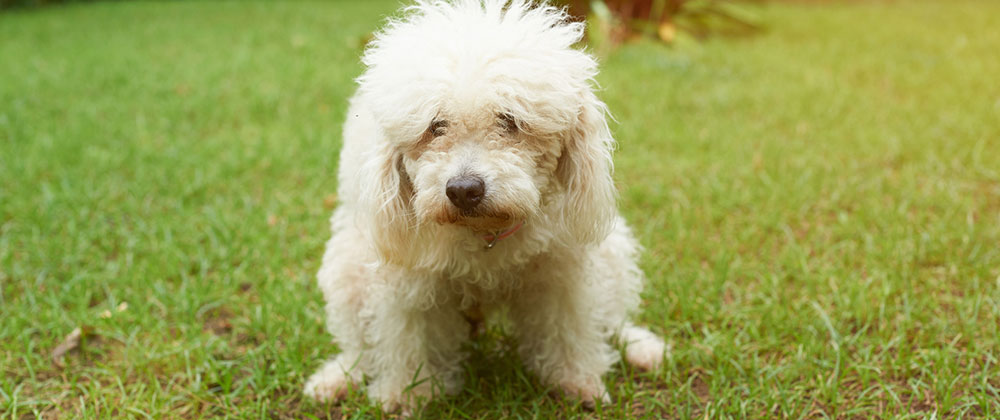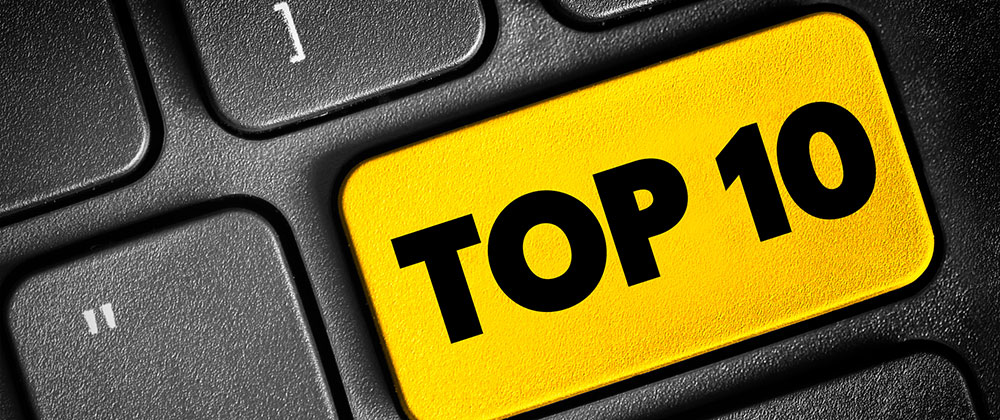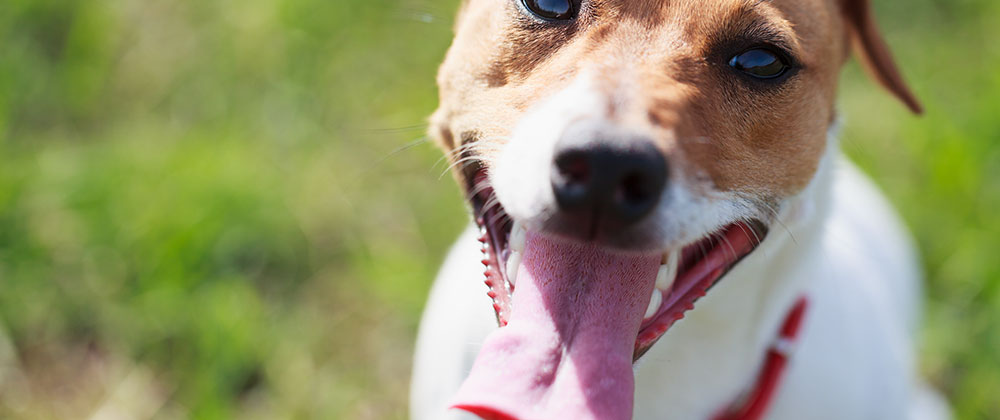My Dog Is Constipated – Is it a Problem?
If you’ve noticed that your dog has not been peeing or pooping, you might be rightly concerned. The inability to urinate or being constipated might indicate your dog is experiencing serious issues. Here’s some information you should know about these issues and what to do from the veterinary professionals at Fort Lauderdale animal hospital Family Pet Medical Center.
Before you get too worried, the first step is to figure out whether your dog is experiencing a problem. Dogs typically defecate one to two times per day.
The signs that your dog might be constipated include the following:
- Your dog hasn’t defecated for a couple of days
- If your dog has defecated, the stools are dry, hard, and small like pebbles
- You’ve observed your dog straining without producing stools
- Your dog produces liquid stools mixed with blood
- Your dog appears to have a difficult time defecating or shows signs of pain
What Could Be Causing My Dog’s Constipation?
Many different issues can cause a dog to become constipated. While some issues are fairly simple to fix, such as including more fiber-rich ingredients in your dog’s meals, others are more difficult. Constipation can indicate a more serious underlying issue such as a tumor in your dog’s rectum or colon or bowel obstruction. Your vet at Family Pet Medical Center can examine your dog and explain what might be causing constipation based on where in the digestive tract the problem is occurring.
The following are other possible causes of constipation in dogs:
- Your dog is older
- Your dog has a low level of activity
- Your dog has a tumor in its digestive tract
- There are problems with your dog’s anal gland
- Your dog is dehydrated or has an electrolyte imbalance
- Your dog ingested drugs
- Your dog has a spinal injury or disease
- Your dog has a metabolic disease
- Your dog recently underwent surgery and is suffering complications
- Your dog has a disorder of the central nervous system
- Your dog has an orthopedic disorder
- Your dog is experiencing stress or a psychological issue
In some cases, dogs can have obstructions in the digestive tract after they ingest foreign objects. If your dog appears to be constipated and it hasn’t been too long since it last defecated, you can try the following solutions at home. Make sure your dog has plenty of water to drink. Take your dog for a walk to provide it with more exercise. Finally, add some canned dog food to your dog’s diet to see if that helps.
If your dog is still constipated after a few days, you should bring your pet to Fort Lauderdale animal hospital Family Pet Medical Center. Your veterinarian can make sure the cause isn’t an underlying medical issue and determine the most appropriate treatment strategy. Tell your vet when your dog last defecated, what the stool’s consistency was, your dog’s regular diet, and any symptoms you have observed. If your dog has an obstruction, the vet might need to perform a procedure to remove the object that is blocking its bowel or digestive tract.
What if My Dog Isn’t Peeing?
Adult dogs typically pee between three and five times per day. If your dog is younger, it might need to urinate more frequently. If your dog isn’t peeing, it can also be serious. An inability to pee could result in the buildup of toxins in your dog’s body and could become fatal.
The following underlying issues could cause a dog’s difficulty with urinating:
- Spinal injury
- Tumors
- Infection
- Kidney disease
- Kidney stones
Some dogs might also not pee because of environmental stressors. For example, if a dog is not comfortable in its surroundings, it might not pee for long periods. This can happen when a dog is newly adopted. In that type of case, take your dog out frequently to give it more opportunities to pee, and it will eventually urinate when it feels more comfortable.
Talk to the Veterinary Staff at Family Pet Medical Center
If your dog is not peeing or pooping, it’s important to figure out why. Your pet relies on you to identify potential issues, so it’s important for you to note any changes in your dog’s bathroom breaks and behavior. If you see changes in the frequency of your dog’s bathroom breaks or the consistency of the stools your dog produces, you might want to contact Family Pet Medical Center. Call us today to schedule an appointment to identify what might be going on at (954) 737-4457.




